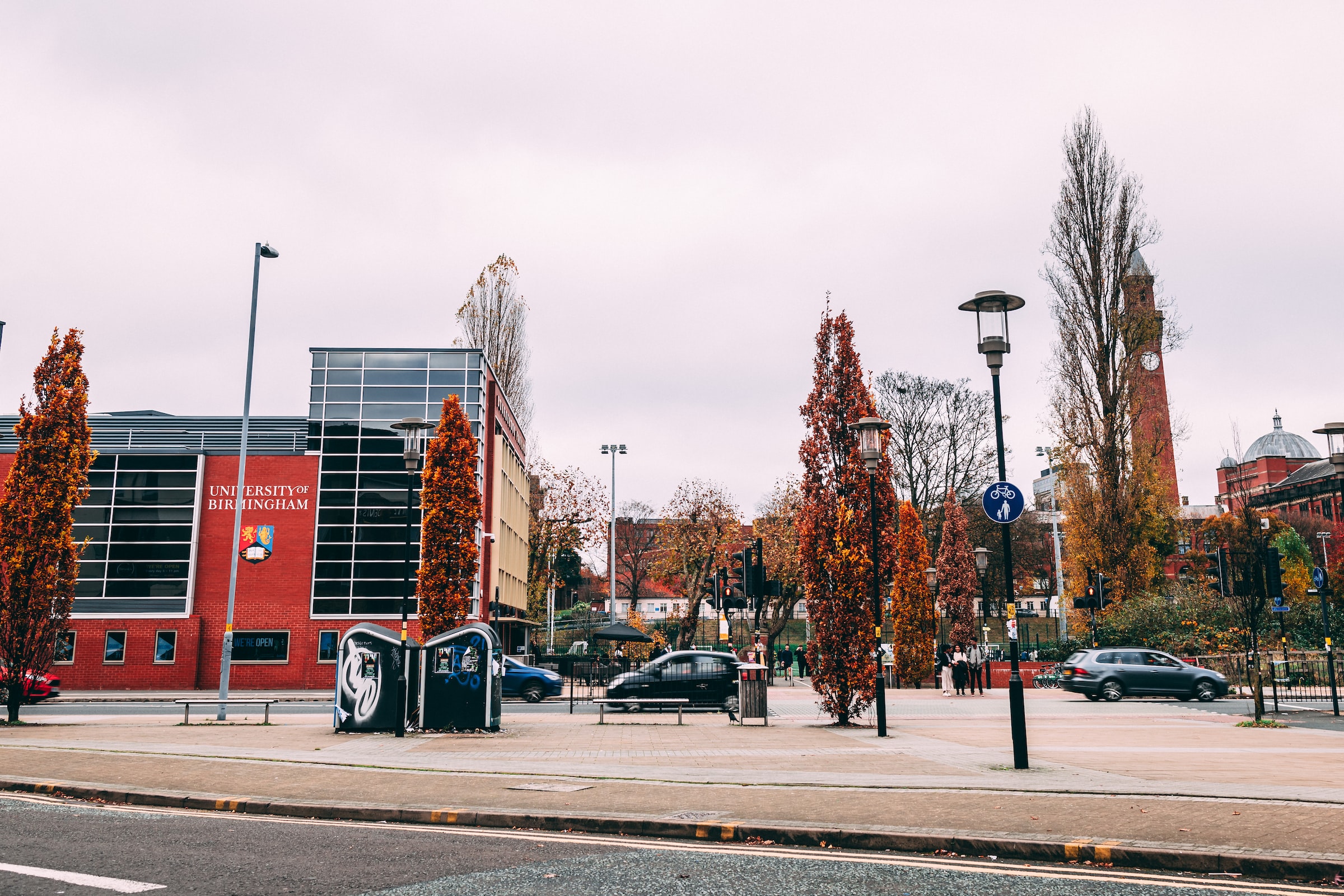
TV Critic Lauren Ramsden is exasperated at how the 2021 Golden Globes nominations ignore the talent of young TV writers and actors, such as Michaela Coel
Awards Season is always a mixed bag. Some years, it involves nights to celebrate the best that the industry has to offer; more often, however, awards shows are an attempt to encourage viewership through a mixture of popular and fashionable celebrities and a lack of controversial, political commentary, ultimately creating frustration and upset over obvious ‘snubs.’ This year, the Golden Globe’s television categories almost entirely fall under the latter part of that statement, with the most egregious miss being the complete overlooking of Michaela Coel’s masterpiece I May Destroy You. Although there are some great shows in the running, it is all completely overshadowed by this obvious exclusion which has only further highlighted an overall lack of diversity and lack of connection to the culture we currently live in that has plagued the Golden Globes – and the industry in general – for years.
The most egregious miss being the complete overlooking of Michaela Coel’s masterpiece I May Destroy You
I May Destroy You was the best show of 2020. I remember so distinctly when it came out because I felt the need to watch the show over the course of a week, rather than binging it. This was due to the subject matter being the most authentic, unique, complex and hard-hitting portrayal of the impact of sexual assault and rape on female and male bodies and minds that I have ever seen. It was also an honest look at the lives of young, black, British people, an underrepresented group on public television, all portrayed incredibly by Coel, Weruche Opia and Paapa Essiedu (all also snubbed). The show not only sparked conversations about what talented black artists, like Michaela Coel, can do when given creative control, but also reignited discussions on the subtleties of what constitutes consent, both conversations that are desperately needed right now.
So, why did this critical acclaim not translate into nominations? I can point to Jurnee Smollett and Jonathan Majors, both universally acclaimed for their performances in Lovecraft Country, Letitia Wright and, frankly, many other members of the cast of Steve McQueen’s Small Axe anthology, Uzo Aduba as Shirley Chrisholm in Mrs America, T’Nia Miller in The Haunting of Bly Manor, the list goes on. Consistently, exciting, black actors and directors have been creating some of the most boundary pushing television and performances, yet never get the recognition they deserve, instead being pushed aside for long-time favourites such as Al Pacino in Hunters (which caused me to laugh quite loudly), Kaley Cuoco in The Flight Attendant and Sarah Paulson in Ratched. All of these nominations, and others, could easily be replaced with new, POC actors, but they just keep getting ignored in favour of the recognisable, seemingly bankable people, and sadly it’s painfully obvious.
The lack of representation has also prompted onlookers online to question what was included in the nominations. In particular, Emily In Paris, nominated for best comedy and best actress for Lily Collins, has stood out as frankly confusing. Yes, the show was an enjoyable escape, but I can hardly say that it was good enough to warrant a nomination alongside a show like Schitt’s Creek, a heart-warming and hilarious show which is arguably one of the only nominated TV shows that deserves (hopefully) all the wins that are coming its way. Even one of the writers for Emily In Paris agrees with critics of the show’s nominations, which further highlights how surprising Coel’s snub was.
Exciting, black actors and directors have been creating some of the most boundary pushing television and performances, yet never get the recognition they deserve
Another snub that I wish to highlight that also makes little to no sense and has not received much attention is the oversight of Paul Mescal for Best actor in a limited series or TV movie. Again, overlooking new, exciting actors for the familiar faces of Bryan Cranston in Your Honor and Jeff Daniels in The Comey Rule, both average shows that do not deserve the recognition a nomination implies. This highlights how my frustration this year with the Golden Globe Television Nominations is as much about race and representation as it is to do with who deserves to be recognised. Michaela Coel, Paul Mescal, Letitia Wright, T’Nia Miller, and so on, gave some of the most beautiful and thought-provoking performances of the past year, yet they are not being acknowledged, instead being swapped out for the expected regular contenders.
I understand the irony of writing an angry-gen-z article about award shows – attention is what award shows rely on and there really are more important things to be thinking about at the moment – but the perplexing omission of Michaela Coel and other black-led television projects such as Small Axe, which, again, should have swept the acting categories, shows a clear bias towards white Hollywood. I agree with Lydia Polgreen’s tweet wholeheartedly: ‘The total freeze out of I May Destroy You and Michaela Coel is proof that the Golden Globes deserve zero attention and have zero connection to the actual culture.’ If one good thing comes out of this snub, it could be that the amount of attention I May Destroy You has gotten over the past couple weeks since the nominations were announced could encourage people to watch it for the first time, or again; I know that I am planning to.
Want to read more about the politics of award shows? Check out more articles here:
Awards Round-up: Golden Globes
Emmys 2020: Round Up: Flipping the Script
I May Destroy You: Subverting The ‘Strong Black Woman’ Trope
Comments